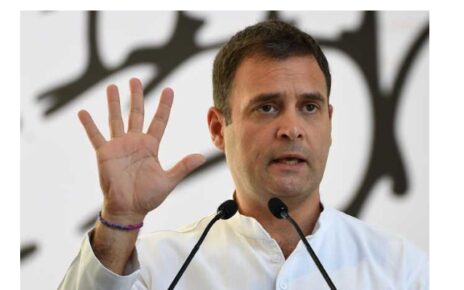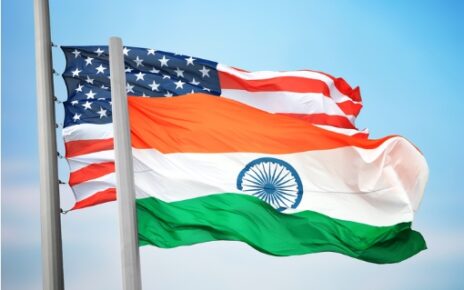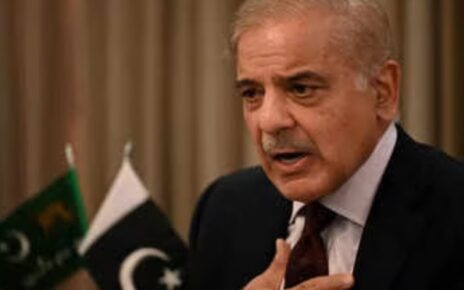Former Punjab transport minister Amrinder Raja Warring was on Saturday appointed Punjab Congress president, days after Navjot Singh Sidhu tendered his resignation from the post after the party’s debacle in the recent state elections.
Ex-Punjab Congress president Partap Singh Bajwa has been named the leader of Congress Legislature Party in the Punjab Assembly.Former state minister Bharat Bhushan Ashu will serve as Punjab Congress working president and Chabbewal MLA Raj Kumar will be the deputy CLP leader in the assembly.The long-awaited appointments were approved by Congress chief Sonia Gandhi on Saturday night and bear a stamp of Rahul Gandhi.Warring, who represents Gidderbaha in the state assembly and is a third time MLA, was earlier hand-picked by Rahul Gandhi to lead the Indian Youth Congress.
Warring, 45, faces an onerous task of uniting a faction-ridden state unit and countering the ruling Aam Aadmi Party which has a massive mandate with 92 out of 117 assembly MLAs.Bajwa, 65, a former Rajya Sabha MP, was also Gandhi’s pick for the upper house earlier.In the 2009 Lok Sabha elections, Bajwa had emerged a giant killer by defeating BJP’s star candidate Vinod Khanna from Gurdaspur. Subsequently, he was appointed Punjab Congress chief replacing Amarinder Singh.
In 2016, Bajwa was elected to Rajya Sabha where he served as chairman, Committee on Subordinate Legislation from 2020 to 2022, till his term ended this month.Bajwa had resigned from Rajya Sabha prior to his retirement date.In the recent state election, Bajwa won from the Qadian segment in Gurdaspur. He has now begun his fifth term as MLA.Chabbewal, 53, is a senior Scheduled Caste leader in Punjab and a third time lawmaker.The new list of office-bearers steers clear of all past appointees, be it Sidhu or the party’s chief ministerial face in the state Charanjit Singh Channi.The party has struck the delicate balance between communities representing all major groups of the state.




